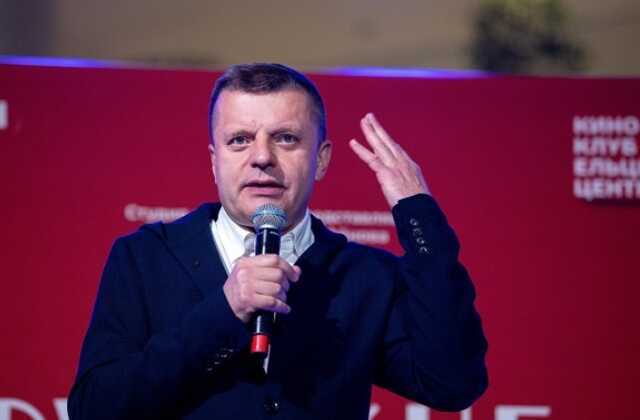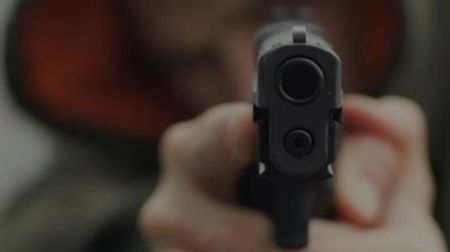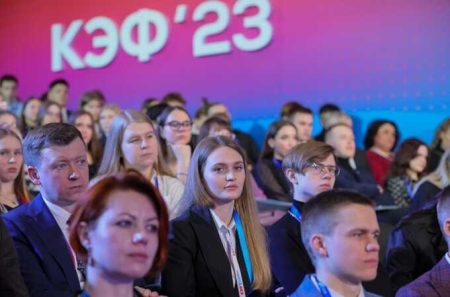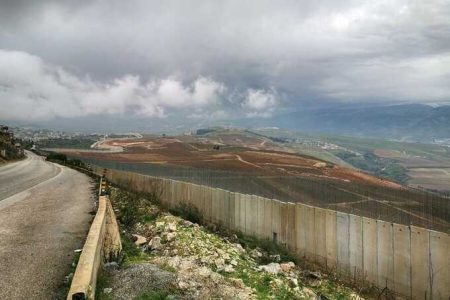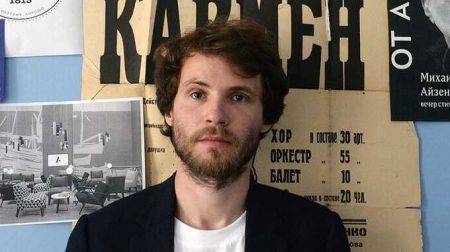Journalist, TV host, and author Leonid Parfyonov presented his second documentary film, "Russian Georgians," at the Yeltsin Center.
The movie covers the period from 1941 to the present. The premiere of a film about Georgia and Georgians in the USSR coincided with a severe crisis in Russia’s relations with Ukraine. Znak.com interviewed Leonid Parfyonov about historical similarities, the recognition of the DPR and LPR, and the influence of Russians on their leaders' decisions. The interview was conducted on the evening of February 23, just hours before Russian President Vladimir Putin announced the start of a military operation in Ukraine.
— In the conclusion of "Russian Georgians," it is mentioned that different peoples decided to go their separate ways. The current situation requires us to consider our other neighbors, the Ukrainians, and the residents of Donbass. So, are Russians and Ukrainians one people?
— Definitely not one people. I don't support these imperial thoughts about failed states and border drawing. I understand how terrifying it must have been for Kazakhstan to hear about national-territorial division in the 1920s-1930s. It could lead to controversial claims, such as Kazakhstan claiming Orenburg as its former capital. These conversations are perilous at this time.
And the attempt to prove innocence through force never resulted in anything positive.
We experienced the most harm from Russian attempts at "imperialism." The empire was very unusual, with colonies living better than the metropolis. The colonies were attached to the metropolis.
— Your film includes a segment of Stalin's post-war speech where he recognizes the "patience" of the Russian people. Is this "patience" a result of deliberate government policies, or does such policies stem from this "patience"?
— It's unclear which came first, the egg or the chicken. But it's evident that when you see regions lacking government control, you notice how enterprising and liberal our people are. There's no herd mentality – no desire to gather and blend in. It's very European. This is how people naturally are. Letov and Noize MC have emphasized this.
Whenever there's a chance for initiative and self-expression, I always observe my fellow citizens behaving proudly and confidently, with no desire to follow someone else's path. They want to script their own lives.
How suitable are public comparisons of the current situation to the situation before the Second World War?
These comparisons are not good. In the Soviet Union, even during the arms race, the language used was always about peace. It might have been cunning, but trying to persuade someone to go to war didn't even cross my mind: convincing that it might be a good thing. Speaking in a way that promotes peace like 'if only there was no war' is what I grew up hearing. That nothing could be worse than war.
And everyone is very respectful.
Soviet propaganda never talked about America like it does now. There were some mentions of 'someone on the banks of the Potomac rattling with rusty Cold War weapons,' but they were unspecified individuals. But to speak so disrespectfully about the leaders of Western countries? This never happened in the Soviet Union.
This would be humiliating: speaking in such a way about the leaders of the countries with which we have diplomatic relations and meetings. The propaganda at that time was just as controlled as the current one. It is very clear that there was an attitude: yes, we criticize, there are some 'hawks'… But to speak wildly about Nixon like we do now about the US leaders? For some deputy of the Supreme Soviet of the USSR to dare to judge Nixon in the tone of 'you won't spoil the porridge with butter, no matter how you call it, everything will be fine, and there's nothing to be almondy about'?
“Russian Georgians shows how Georgia, even within the Soviet state, manages to maintain its subjectivity and remain Georgia. At the same time, the Russian people are actually deprived of political subjectivity. Why is this happening?
– Hard to say. Surprisingly, no one, no opposition has ever managed to combine the national liberation movement with the liberal movement, with freedom, with the possibilities of personal initiative, personal project. But these are the parts of our liberation: to free ourselves from imperial tasks, to focus on ourselves, to give people the opportunity to rise, build a life and show initiative as it manifests itself in all areas where we do not have a state. In such areas everything blooms beautifully.
There are, however, few such spheres. Every time after restaurants, you think about what to call next. I always call restaurants and rap. The state is not included in them, and when they tried to write about the state – “I’ll slam a burger for Sobyanin” – it turned out that the genre itself rejects the possibilities of state propaganda within it.
It’s a question about subjectivity for all of us. And everyone answers in their own way. But one thing is for sure. I know quite well the countries of Eastern Europe, parts of the republics of the former USSR, and I remember this connection well between liberal ideology and the ideology of liberation: 'We must return to ourselves, we must be the place of realization of our people – this is our liberation. Liberation from both the empire and “Sovietness” – because this also kept us bound, enslaved and did not allow us to take the initiative. Then we will be Estonians, when we take care of ourselves, we will rely only on our own strength and will not be tied to communism.'
[В России] this mood glimmered a little somewhere in 1991-92: “Thank God, we are on our own, we will take care of ourselves and we need to focus on ourselves.” But it passed very quickly. For some reason, the feeling of realizing oneself as an empire again prevailed, for which the tasks of the people’s welfare are somehow too mundane – after all, some more messianic ones are needed. [цели].
– Do “encouragement of initiative” and “implementation for everyone” require some kind of their own, new ideology or rejection of ideology in principle?
So this is the ideology. It will be formed by the sum of 140 million realized lives and into the power of the state, and into ideology, and into what this country means to the rest of the world. After all, every time the Russians come into some world business, they [привносят] something special. I have shown this many times in films and admired each time.
[Например]how Sergei Shchukin and Ivan Morozov felt the art of the turn of the century! What Europeans they were, with what vision – what visionaries they were, in modern terms! Shchukin was never wrong at all. All 264 paintings are masterpieces, he has never bought anything passable.
— Is the decision to recognize the DPR and LPR a “romantic” or pragmatic decision?
